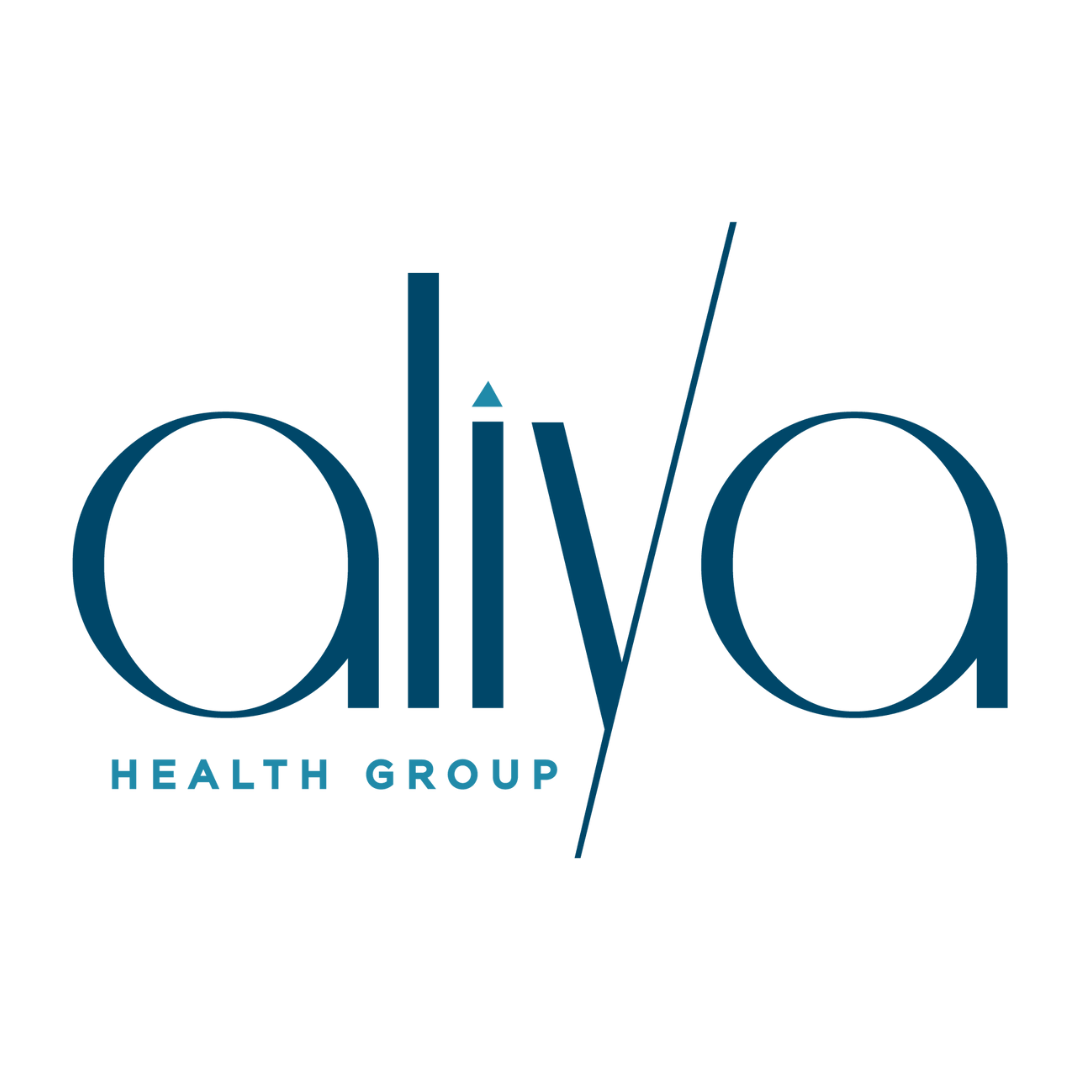Acamprosate for Alcohol Abuse: Does It Work?
Aliya
on
October 30, 2024
Acamprosate is a medically administered medication for helping individuals overcome alcohol dependence. It is one of the three FDA-approved medications for substance abuse treatment. We administer acamprosate as part of our medication-assistance treatment (MAT) for alcohol addiction. When used in combination with therapy and counseling, clients experience a smoother sobriety process and learn tools to prevent relapse. You can receive acamprosate for your alcohol use disorder (AUD) at one of our treatment facilities to achieve sobriety!
What Is Acamprosate?
Acamprosate is a prescription medication for people with an alcohol addiction background to help them overcome dependence. The Food and Drug Administration (FDA) has approved acamprosate as one of three medications for substance abuse since 2004. Generally, it’s prescribed to be used as long-term maintenance after withdrawal, about a year. Acamprosate helps the brain re-adjust after a history of substance abuse by regulating chemicals in the brain that were modified by alcohol abuse. It helps individuals avoid relapsing by lessening symptoms that come after withdrawal, like mood changes, trouble sleeping, pain, and difficulty concentrating.
Medication-assisted treatment for Alcohol Addiction
Alcohol use disorder (AUD) is a serious issue that affects people around the globe. Social, economic, and personal factors all play a role in why someone becomes dependent on alcohol, but it often begins young. The 2023 National Survey on Drug Use and Health estimates almost 29 million people in the U.S. aged 12 and older have an AUD. For many, overcoming alcohol addiction feels like an impossible feat. Quitting cold turkey is unsafe due to dangerous withdrawal symptoms, and detox should never be done alone. Fortunately, detoxing from alcohol in a treatment center is safe and can incorporate medication assistance into the process. Medication-assisted treatment (MAT) is helpful because it combines medication for withdrawal with therapy to teach coping skills and self-resiliency.
What Are the Brand Names for Acamprosate?
Acamprosate is sold under the brand name Campral. It comes as delayed-release tablets that are generally prescribed to be taken three times a day.
How Does Acamprosate Work for Alcohol Abuse?
As mentioned, acamprosate’s mechanism of action modifies brain chemicals that have been changed by substance abuse. It helps reset processing in the brain to get you back to a level where you can build sobriety and motivation. Truthfully, even after you finish detoxification and move past the most severe symptoms of quitting, staying sober is difficult. Some people experience withdrawal symptoms for months to years after detox, which is called post-acute withdrawal syndrome. Acamprosate works for excessive drinking because it helps reduce symptoms of withdrawal that can lead someone to return to drinking. Thus, acamprosate can be the push you need to keep you on the path of sobriety.
What Are the Side Effects of Acamprosate?
Acamprosate side effects tend to be minimal and mild. However, if you take acamprosate and notice these symptoms, talk to your doctor about your dose:
- Trouble sleeping
- Diarrhea
- Itchiness
- Feelings of anxiety or stress
Naltrexone vs Acamprosate for Alcohol Abuse
Naltrexone is another FDA-approved AUD medication under the brand name Vivitrol. Notably, naltrexone and acamprosate have different effects on a person undergoing the process of sobriety. Naltrexone has been found to be most effective at reducing cravings, and acamprosate to promote lasting abstinence. We prescribe both medications in our treatment centers, depending on the client and the factors surrounding their recovery.
Acamprosate Interactions with Other Drugs
Acamprosate is safe, with minimal side effects, no abuse potential or overdose risk, and an inability to lead to dependence. In fact, there are limited acamprosate interactions with other drugs. Notably, acamprosate doesn’t interact with detox meds like benzodiazepines, so it’s safe to use in combination. It also doesn’t interact with alcohol or food but may have adverse reactions to herbal remedies if used together.
Get confidential help from our addiction and mental health treatment facilities located across the United States. Call to join one of our quality programs today!
Speak With Our Admissions TeamHow Does Treatment for Alcoholism Work?
Using acamprosate as part of medication-assisted treatment (MAT) for alcohol addiction makes the process of withdrawal and sobriety more comfortable. Acamprosate can be added to your treatment routine after you’ve begun the detoxification process. Typically, acamprosate is added through supervised administration 5 days after one’s last drink, after the withdrawal process has begun. Your addiction treatment facility will recommend a plan of action specifically for you.
Alcohol Detox
Alcohol detoxification is the first step of rehabilitation. Detoxing from alcohol on your own is dangerous and uncomfortable, but in-center, we provide comfort medications and monitor clients 24/7. Detox lasts between 4-8 days.
Inpatient Rehab for Alcohol Abuse
Inpatient rehab is the first stage of learning and healing from alcohol addiction. In residential inpatient programming, clients live in the center and participate in daily therapy and counseling sessions. The emphasis is on unpacking their pain and learning how to shape their habits to overcome alcohol dependence.
Outpatient Rehab for Alcohol Addiction
When clients are ready, they can transition into outpatient treatment, an independence-focused level of care. They commute to the center for sessions, where they continue to learn valuable skills like emotional regulation and relapse prevention. During outpatient rehab, clients work with their case managers to prepare for the future in concrete ways.
Aftercare for Alcohol Abuse
Aftercare is a final, ongoing stage of treatment for those who desire to stay connected in a supportive rehab community. Clients have the option to return to “normal life” and still attend less frequent counseling sessions. Also, they can live in our Sober Housing communities with other abstinent peers.
Looking for quality treatment for substance abuse and mental health that’s also affordable? Aliya Health Group's treatment facilities accept most major insurance providers. Get a free insurance benefits check now!
Check Your CoverageTherapies for Alcohol Addiction
While medication can play a pivotal role in alcohol addiction recovery, there are other approaches to healing besides medication. We believe doing the deep inner work of unpacking trauma and the reasons why you drink leads to a true breakthrough. Knowing more about yourself allows you to make intentional choices and actions that aid in your wellness.
In our treatment facilities, clients participate in a mixture of traditional psychotherapy and holistic therapy activities. We prioritize holistic healing that targets the mind, body, and spirit because we know incomplete healing increases the risk of relapse.
Psychotherapy for Alcohol Use Disorder
Psychotherapy is traditional talk therapy for mental illness, addiction, and behavioral issues. We offer behavioral therapies for alcohol abuse. These help clients realize their negative thinking and behavior patterns and how they can adapt them for success.
Holistic Therapy for Alcohol Use Disorder
Experiential therapies treat the self holistically through discovery and healing. Some of the holistic therapies we offer for the treatment of alcohol dependency include:
- Equine-assisted therapy
- Biofeedback
- Mindfulness
- Yoga
- Sound therapy
- Art therapy
- Massage therapy
- Outdoor activity therapy
Alcohol Abuse Treatment Near Me
Overcoming alcohol addiction can be a smooth and safe process through medication-assisted treatment in a rehab facility. We have alcohol rehab facilities all across the United States, so we can place you in a preferred location. Treatment of alcohol abuse is safe and effective when you work with professionals. Treating alcohol use starts with getting through alcohol withdrawal in our supportive environment.
Alcohol addiction treatment using acamprosate (Campral) is one way to make detox more tolerable. Please reach out today with your questions about acamprosate, MAT, and getting a spot in alcoholism treatment.
- Acamprosate for Alcohol Use Disorder
- Alcohol Use Disorder (AUD) in the United States: Age Groups and Demographic Characteristics | National Institute on Alcohol Abuse and Alcoholism (NIAAA)
- Chapter 2—Acamprosate – Incorporating Alcohol Pharmacotherapies Into Medical Practice – NCBI Bookshelf
- Meta-analysis of naltrexone and acamprosate for treating alcohol use disorders: When are these medications most helpful? – PMC



















